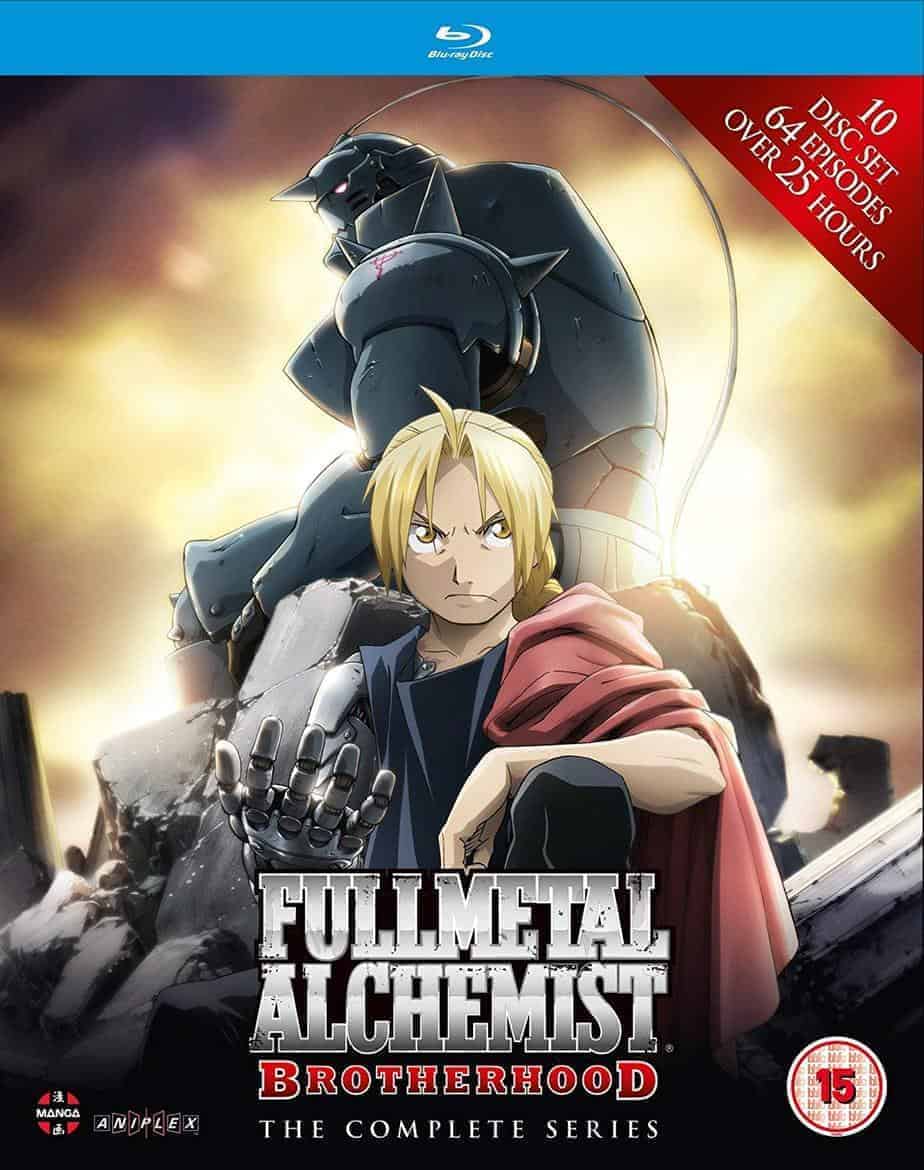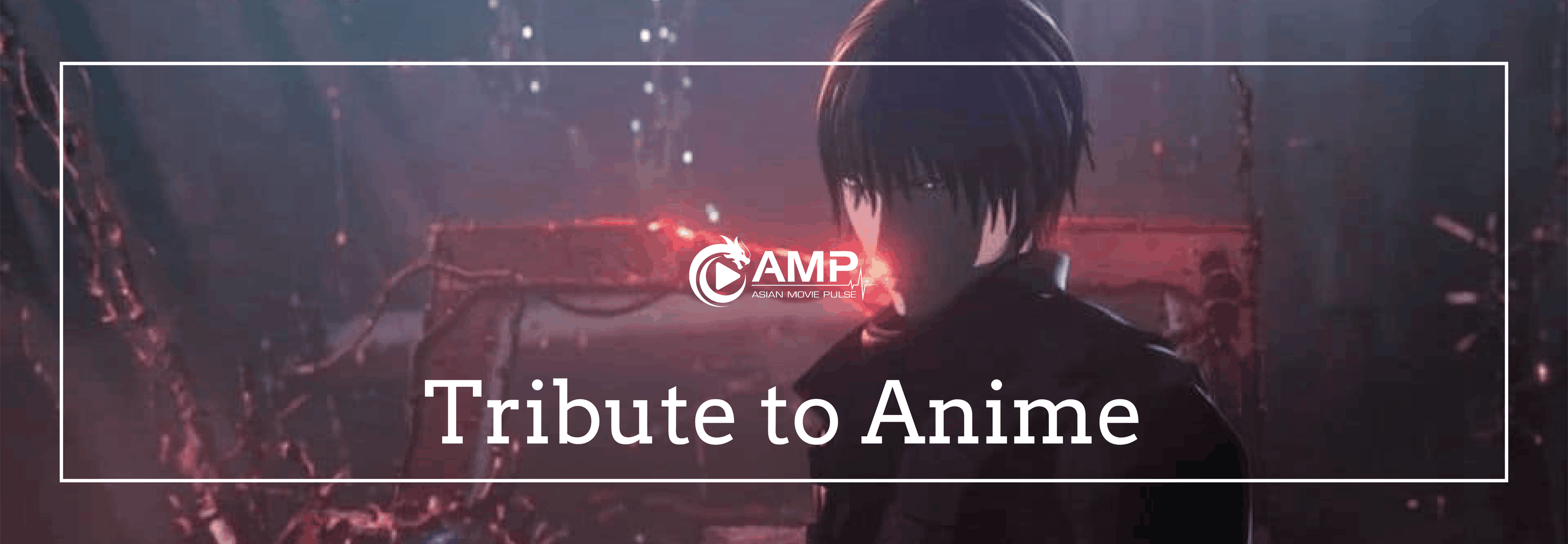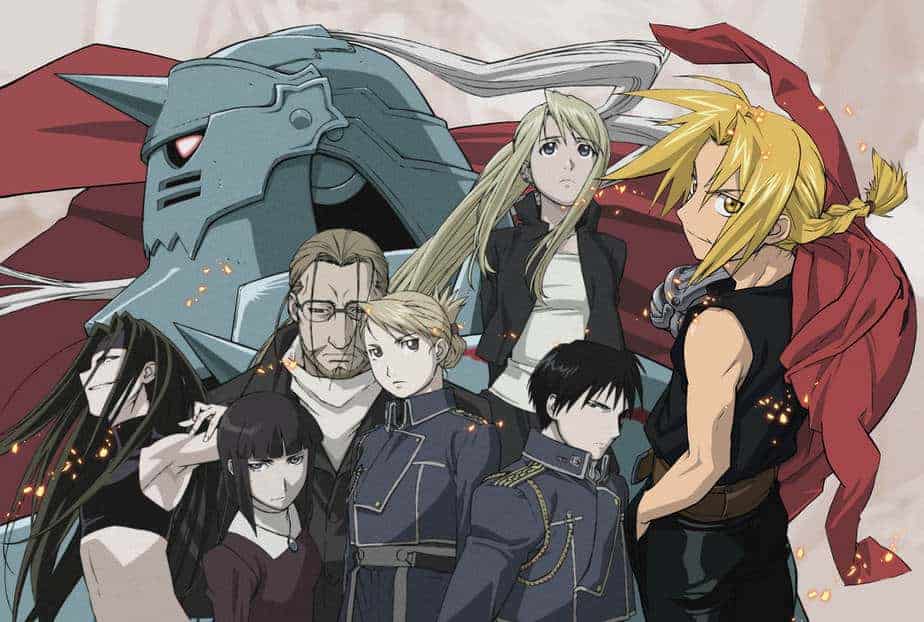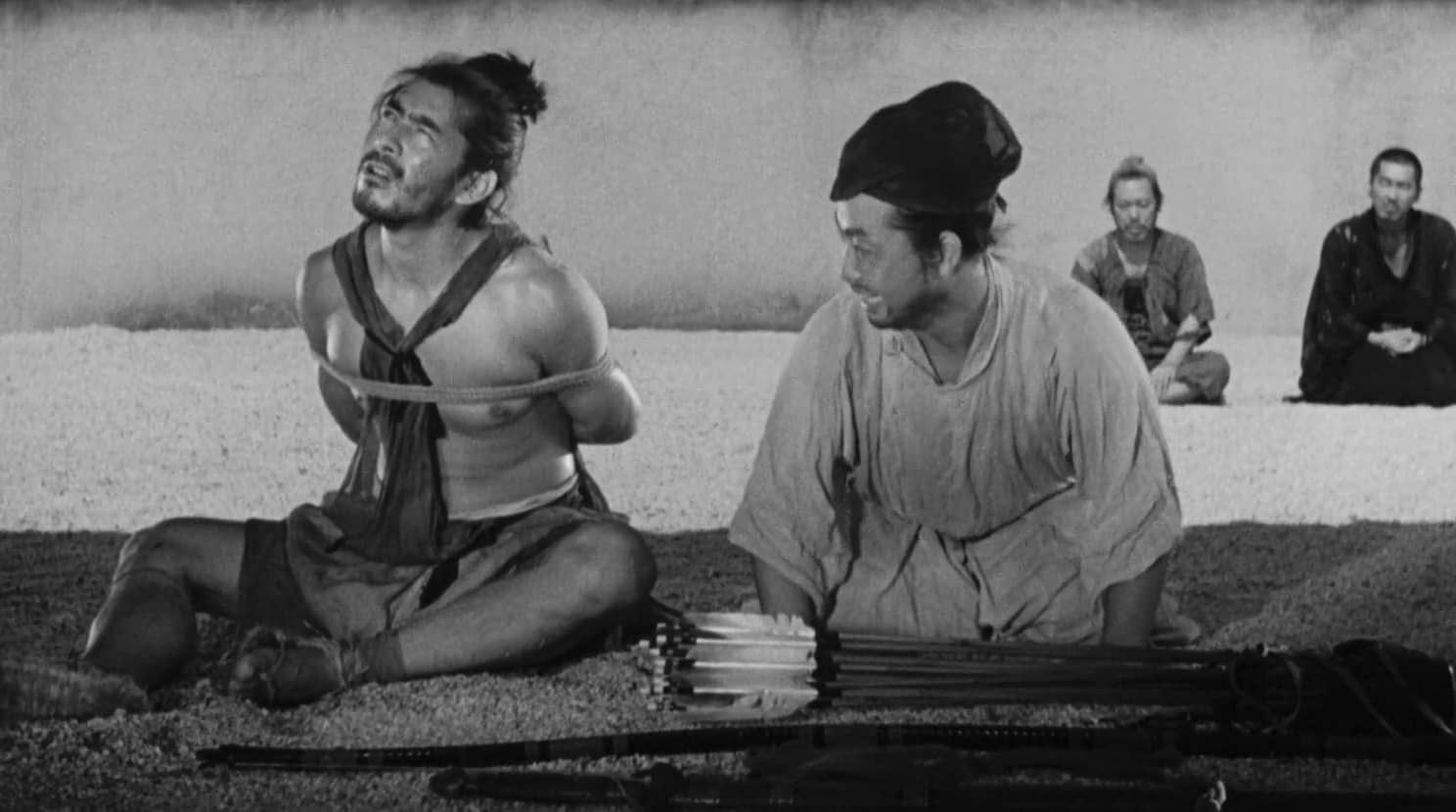For many years, I considered the first adaptation of Hiromu Arakawa's manga, one of the best titles ever to appear in the anime world. However, the second adaptation, “Brotherhood” managed to do what I previously thought unachievable, to improve on the first significantly, particularly by staying as close as possible to the original, and thus extending the series to 64 episodes from the 51 of the first.
Buy This Title

Two brothers, Edward and Alphonse Elric have been dealing with alchemy since childhood, instigated by the endeavors of their father, Hohenheim, in the field, a man who has actually abandoned their family. When their mother dies, the two of them decide to deal with a taboo procedure for alchemy, in order to bring her back to life. Their effort though, goes awfully wrong, ending up in Edward losing his left leg and Alphonse, his entire body. To save his brother, Edward sacrifices his right arm and is able to affix his brother's soul to a suit of armor. With the help of Winry and Pinako, family friends from a nearby house, Edward receives metal limbs – automail – to replace his lost ones and eventually swears to bring both his members and Al's body back, by using a philosopher's stone, an artifact that grants its user incredible alchemic power. His efforts lead him to become a State Alchemist, working for the army in the military state of Amestris.
In his travels, both in search of the stone and for army missions, he comes across a number of individuals: Roy Mustang, a veteran of the slaughter Amestris' army caused to the neighbor country of Ishval, who aims at changing the country by becoming the next Fuhrer. Scar, an Ishvalan on the path of revenge against state alchemists. Lin Yao, a Xingese prince on the search for power and May Chang, a Xingese princess who tries to find a way to save her declining clan. Alex Armstrong, also a State alchemist and eventually his sister, General Olivier. All of them together, through a number of episodes, end up discovering a deep government conspiracy to hide the true nature of the Philosopher's Stone that involves the homunculi, extremely powerful undead creatures who can also use alchemy, a mysterious man referred to as Father, and also the true story of Hohenheim.

Evidently, the biggest trait of “Full Metal Alchemist” is its story. Starting with the basis of the tormented brothers, the title extends it to an intricate script of unprecedented depth, which stretches as far as possible, without, though, losing its quality and the captivating entertainment it offers, even for a minute. Of course, this last aspect also benefits the most by Yasuhiro Irie's direction, whose unfolding of the story touches the borders of ingenuity. Furthermore, this quality extends to the character creation, presentation and implementation in the story, with even the ones that just appear for a few episodes, being thoroughly analyzed and their arcs always adding to the story and the general aesthetics of the title. One of the most impactful of those arcs is the story of Shou Tucker and his daughter, which presents one of the most dramatic episodes in the series, despite the fact that it just runs for a few episodes.
Through this elaborate storyline, Irie presents a number of sociopolitical comments, increasing, in that fashion, the depth of the script even more. War and its refugees, along with the immigration it creates and the subsequent racism of the people in the “receiving” countries is one of the most central, but the series also deals with family, the blights of the centralized, military regime (which includes some obvious parallels with Hitler's Germany), the concept of identity in a philosophical way, despair, and a number of other concepts. The even more remarkable is the fact that FMA also presents solutions to these issues, particularly through the behaviour of the two brothers, with kindness, resolve, patience, integrity, loyalty and the amassing of experiences through traveling and meeting people being presented as the remedies of all the aforementioned blights.
None of the above though, means that the action is placed in the background. On the contrary, FMA features a plethora of excellent action scenes, with the animators of Bones taking complete advantage of the magic of alchemy in order to create a number of astonishing sequences, from the beginning to the end of the series. This prowess finds its apogee in the prolonged finale, where almost all of the characters, good and bad, come together to fight each other in different settings, in one of the most majestic sequences ever to appear on anime.
The drawing is of equal quality, with the artists creating characters that vary significantly from each other, thus ascertaining their individuality in the story line. The backgrounds are also quite good, in a number of different settings that also highlight the amount of work allocated to this part.
Not much more to say, “Full Metal Alchemist: Brotherhood” is a true masterpiece, one of the best anime series ever to be created, and a must watch for all fans of the category, to say the least.















